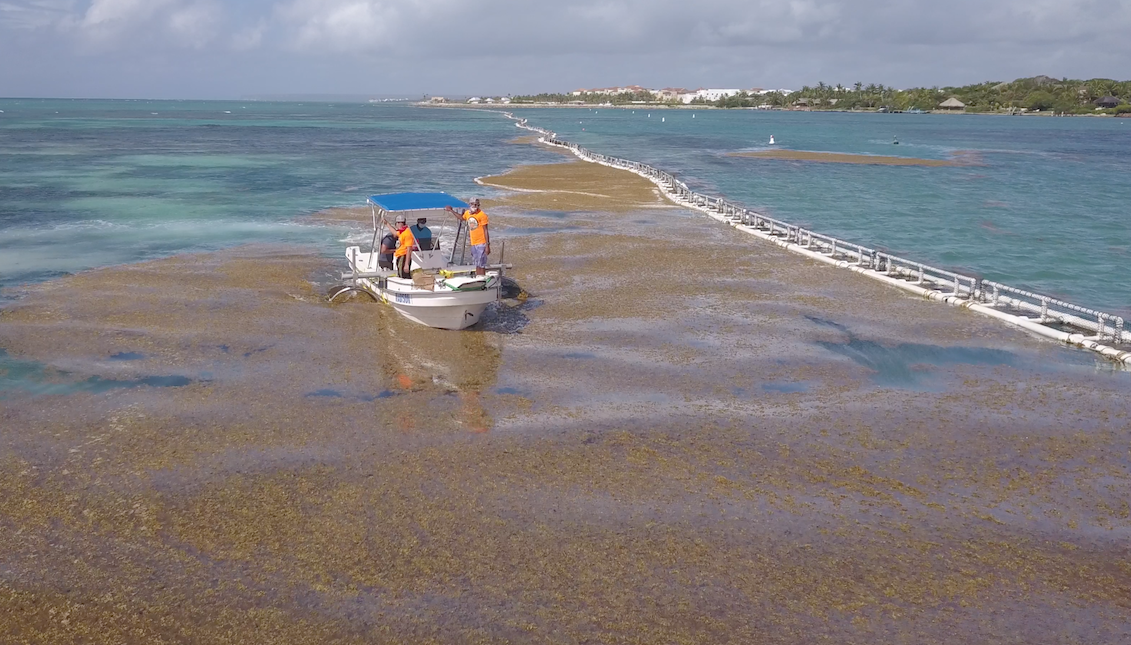
Alberto Gonzáles: Gone, But Not Forgotten By Spanish Prosecutors
HOUSTON, Texas — On May 20, Ari Shapiro of National Public Radio disclosed that back in 2002, an interrogator had received authorization from higher ups to torture Abu Zubaydah. This was before the Justice Department had issued the memorandum by John Yoo on “harsh” interrogations.
The techniques applied on Zubaydah who was picked up on March 28, 2002, were authorized each day. In the first two months, psychologist James Mitchell, a CIA contractor, sat at a computer and cabled the CIA counterterrorism center for permission to use enhanced techniques. Ali Soufan, a former FBI interrogator who was present, testified this month how Mitchell kept requesting “authorization” to apply increasingly harsher methods.
Since the first legal guidance from the Justice Department was not issued until Aug. 1, who was at the other end of the phone authorizing the permission?
The CIA acknowledged, yes, Mitchell did request permission but the agency would not describe what the legal guidance was.
A source, in a position to know, disclosed to Shapiro on condition of anonymity that the CIA forwarded the request to the White House, where White House legal counsel Alberto Gonzáles signed off on the technique.
Another person, Bradford Barenson, a former White House Legal Counsel staff member, told Shapiro “ordinarily the White House counsel’s office is not in the business of providing advice to anyone outside the White House itself.”
Barenson was part of the legal staff with the ideological bent fostered by the Federalist Society that populated the Bush White House.
Gonzáles’ “relationship with the president was very close, very confidential” to the point they were on the telephone in a back-and-forth, “informal guidance” that made clear that what the president wanted was being carried out “without having to tee up formal decisions.” He said this about the office culture to Bill Minutaglio for a biography of Gonzáles, The President’s Counselor, published in 2006.
Right before 9/11, the priorities were to make many judicial appointments (consistent with the Federalist Society outlook) and strengthen presidential prerogatives.
On Sept. 14, 2001, a joint congressional resolution gave Bush authorization to respond to the 9/11 attack with military might. Minutaglio wrote that it gave “Bush the muscle to fight the war by any means necessary,” embarking Gonzáles and other counsels “on a clandestine and controversial path.”
In-house, Gonzáles argued to prosecute and extract “all conceivable information” from or about suspected terrorists. It meant gathering “every shred of evidence possible,” and to test the previous boundaries. The Sept. 14 resolution allowed Bush “to use all necessary and appropriate force against those nations, organizations, or persons” involved in 9/11.
The “necessary and appropriate force” notion has been behind the wiretapping and torture controversies. When the Bush Administration was given latitude, situations turned into excesses of some U.S. laws and international treaties.
Each new clue, like those by Shapiro about what went on, further justifies the need for a national commission to provide full disclosure. There is of course intense public interest to get a straightforward understanding about what took place.
Eventually, clarity and simplicity has to emerge from the labyrinthine details, many of which are still cloaked in secrecy, to find out why that particular policy course was chosen. Otherwise the same mistakes will be repeated.
But so far full disclosure and understanding have taken a back seat to the inevitable embarrassments, and even liabilities, when some people went too far.
On March 17 in a meeting at the U.S. Embassy in Madrid, Spanish prosecutor Javier Zaragoza told officials he would suspend his ongoing investigation of former U.S. Attorney General Alberto Gonzáles and five associates about their role in the torture of six Spanish citizens held at Guantánamo if the United States would undertake its own investigation into the matter, law professor and writer Scott Horton blogged in The Daily Beast.
The other five are former assistant AG (now federal judge) Jay Bybee, former deputy AG John Yoo, former Defense Department general counsel William J. Haynes II, former VP Cheney’s chief of staff David Addington and former Undersecretary of Defense Douglas J. Feith.
Zaragoza got no answer. Now, Spanish prosecutors are expected to announce soon they are pressing forward with their investigation.
[José de la Isla’s latest book, Day Night Life Death Hope, is distributed by The Ford Foundation. He writes a weekly commentary for Hispanic Link News Service and is author of The Rise of Hispanic Political Power (2003). E-mail him at [email protected].]
© 2009









DEJE UN COMENTARIO:
¡Únete a la discusión! Deja un comentario.